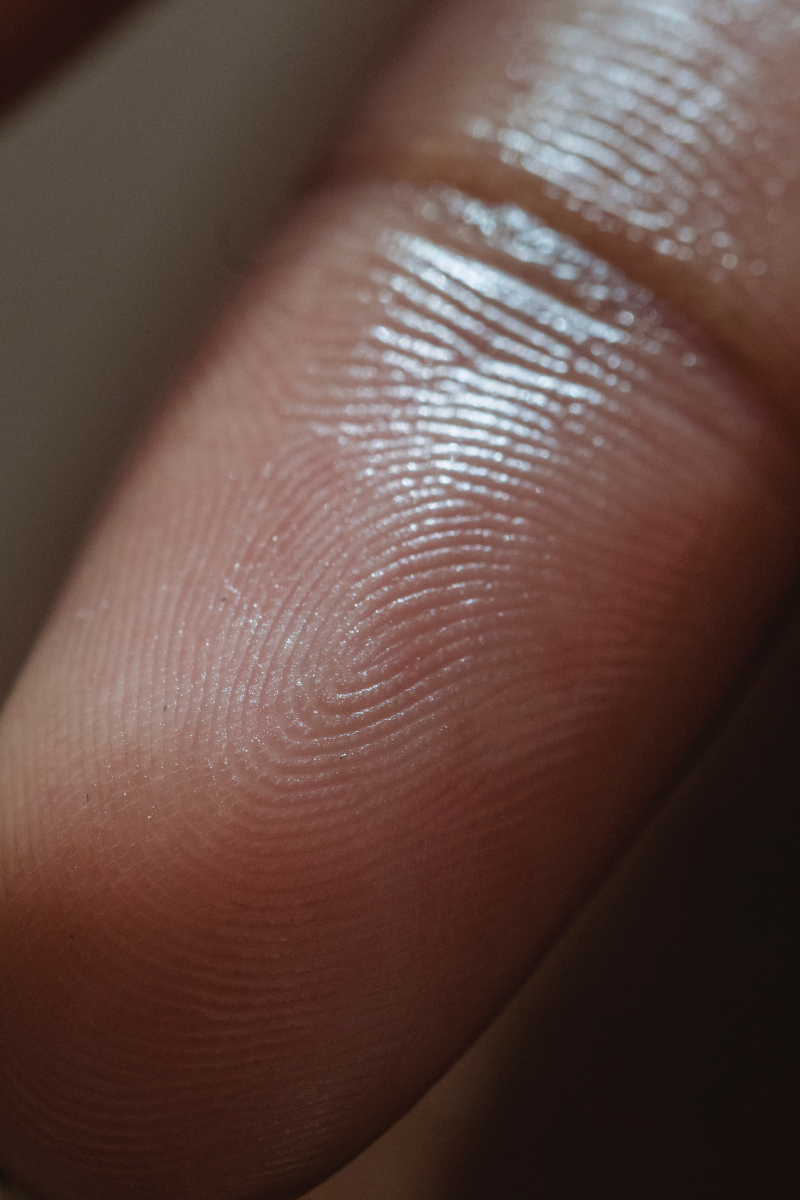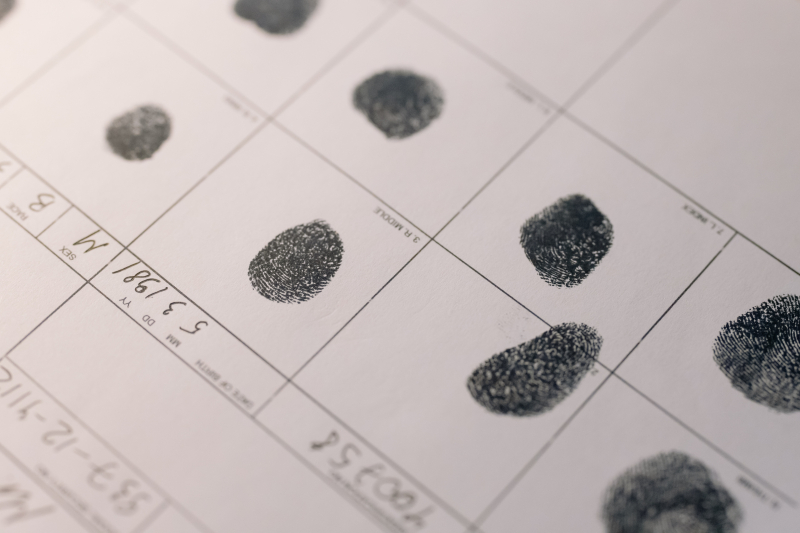Why Do We Have Fingerprints?

The technology of fingerprinting was first used to assist in a criminal conviction in 1910. The first fingerprint database was reportedly started in 1891 by an Argentine police officer. Hence, we have known for years that fingerprints are unique. But, we don't have them specifically to avoid being discovered when committing crimes. Nobody actually knows why we have them, in fact.
It's challenging to think of a quirk that is more odd. Everyone in the world has a distinctive fingerprint pattern, and none of us can adequately describe what it is that they do. The conventional notion for many years was that they helped us grasp things. Yet, when put to the test, this idea falls short. In reality, a fingerprint's texture is not conducive to causing friction between our fingertips and the things we're gripping. If anything, because the troughs between the ridges don't make contact, limiting the surface area, fingerprints reduce friction and make it tougher to grab objects than smooth skin would.
Another explanation for fingerprints is that they improve perception. Your fingers are extremely perceptive to different textures and sensations. Sometimes, a simple touch is all it takes to tell if something is rotten or stale. You've probably observed that simply touching something can reveal a lot of tactile information.











